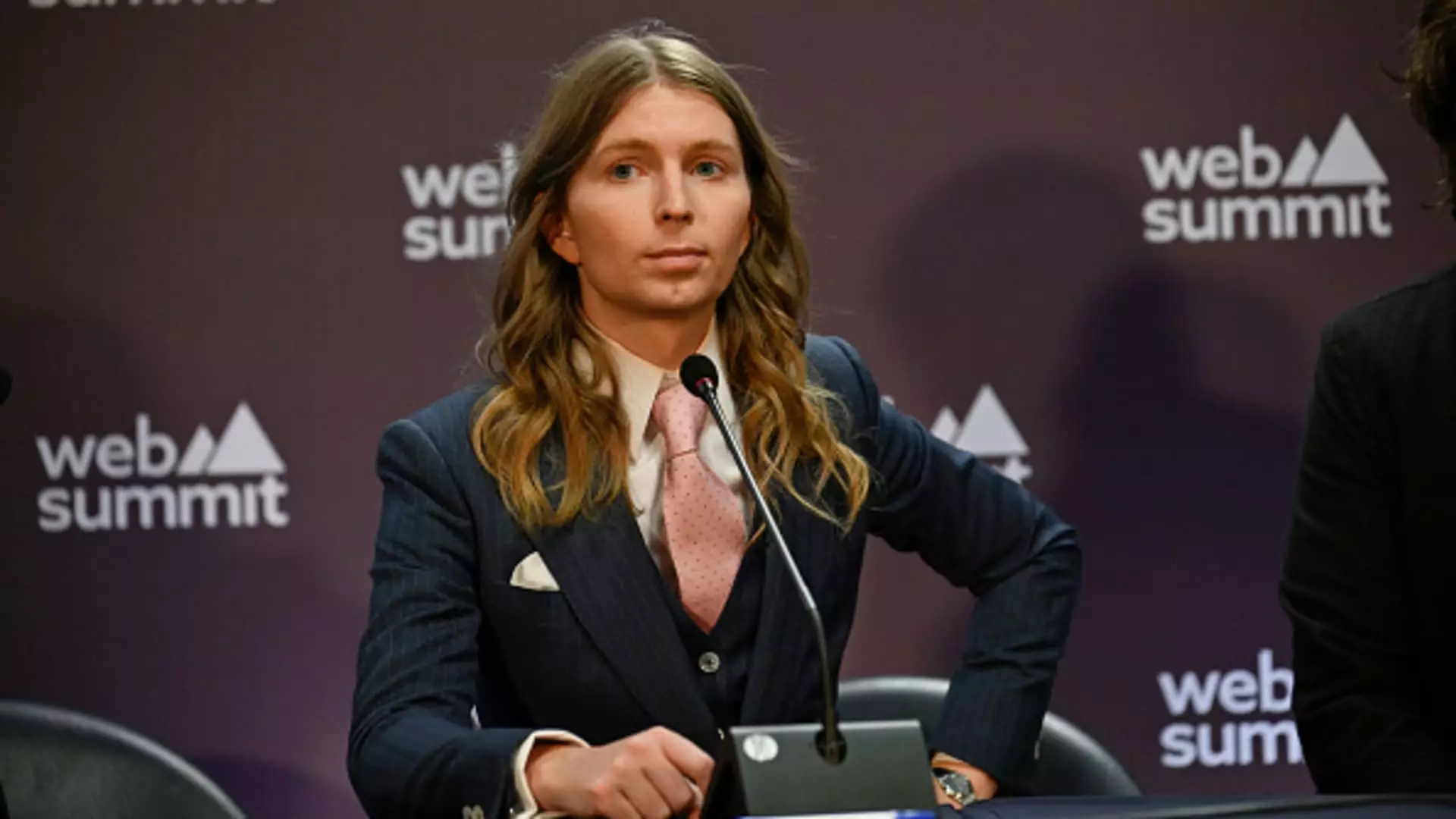In the contemporary digital landscape, former U.S. Army intelligence analyst Chelsea Manning has raised significant alarms regarding the persistent threat of censorship. Manning, who gained notoriety for leaking classified information to WikiLeaks, asserts that censorship today manifests in more insidious forms than in the past. During her recent address at the Web Summit tech conference in Lisbon, Portugal, she emphasized that the entities controlling information flow wield considerable power over individuals’ online experiences. This reflects deeper implications for free speech and privacy, particularly in an age where algorithms dictate visibility and engagement on major social media platforms.
Manning categorically states that censorship serves as “a dominant threat.” She urges a critical evaluation of who engages in censorship and why they do so. The advent of sophisticated algorithms means that online content is curated for individuals based on engagement metrics rather than pure interest or relevance. As a result, users find themselves trapped in echo chambers, where their perspectives narrow, often reinforcing unfounded beliefs instead of fostering open dialogue.
The Need for Decentralized Solutions
The crux of Manning’s argument lies in advocating for a return to a more decentralized internet model, reminiscent of its early days in the 1990s. She argues that the centralization of data within powerful social media monopolies has led to a homogenization of content that often overlooks diverse viewpoints. Her proposed solution, decentralized identification, empowers users to take control of their data through encrypted systems. This method would mitigate the reliance on tech companies for data management and privacy safeguards, placing the power back into the hands of the users.
Manning’s perspective brings to light the pressing need for a revised social contract between tech companies and their users. Such an agreement would delineate how information is accessed and shared, offering avenues for equitable profit generation without sacrificing user autonomy. By fostering transparency and accountability in these relationships, the tech industry might ease some of the burdens of censorship while encouraging an environment that values free expression.
The Evolving Landscape for Whistleblowers
Reflecting on her own experiences and the evolution of whistleblower dynamics, Manning points out an intriguing paradox in the information wars of today. Despite having unprecedented access to information, whistleblowers now grapple with a deluge of false narratives and misinformation. Unlike years past, where secrecy was more rampant, today’s challenges revolve around discerning credible information from the noise.
As governments and institutions increasingly invest resources into disinformation campaigns rather than concealing information, transparency takes on new meanings. Manning articulates the struggle as being no longer about secrecy versus transparency but rather authenticity versus deception. In essence, for whistleblowers to navigate this complexity successfully, they must develop robust skills in digital literacy and investigation, ensuring that they can separate the wheat from the chaff in a saturated information environment.
Chelsea Manning’s insights call for a thorough examination of our current digital ecosystem. Her advocacy for decentralization presents a promising pathway to mitigate the risks posed by censorship, elevate individual privacy, and redefine how information is shared and consumed. As the digital world continues to evolve, it is imperative that frameworks shift towards empowering users, ensuring that the principles of democracy and free speech are upheld.
In a society where information is abundant yet frequently distorted, the ramifications of misinformation and censorship grow more critical. Manning’s clarion call for change not only emphasizes the need for technological innovation but also highlights a societal responsibility to foster an environment where diverse perspectives have the opportunity to flourish without the threat of undue censorship.

